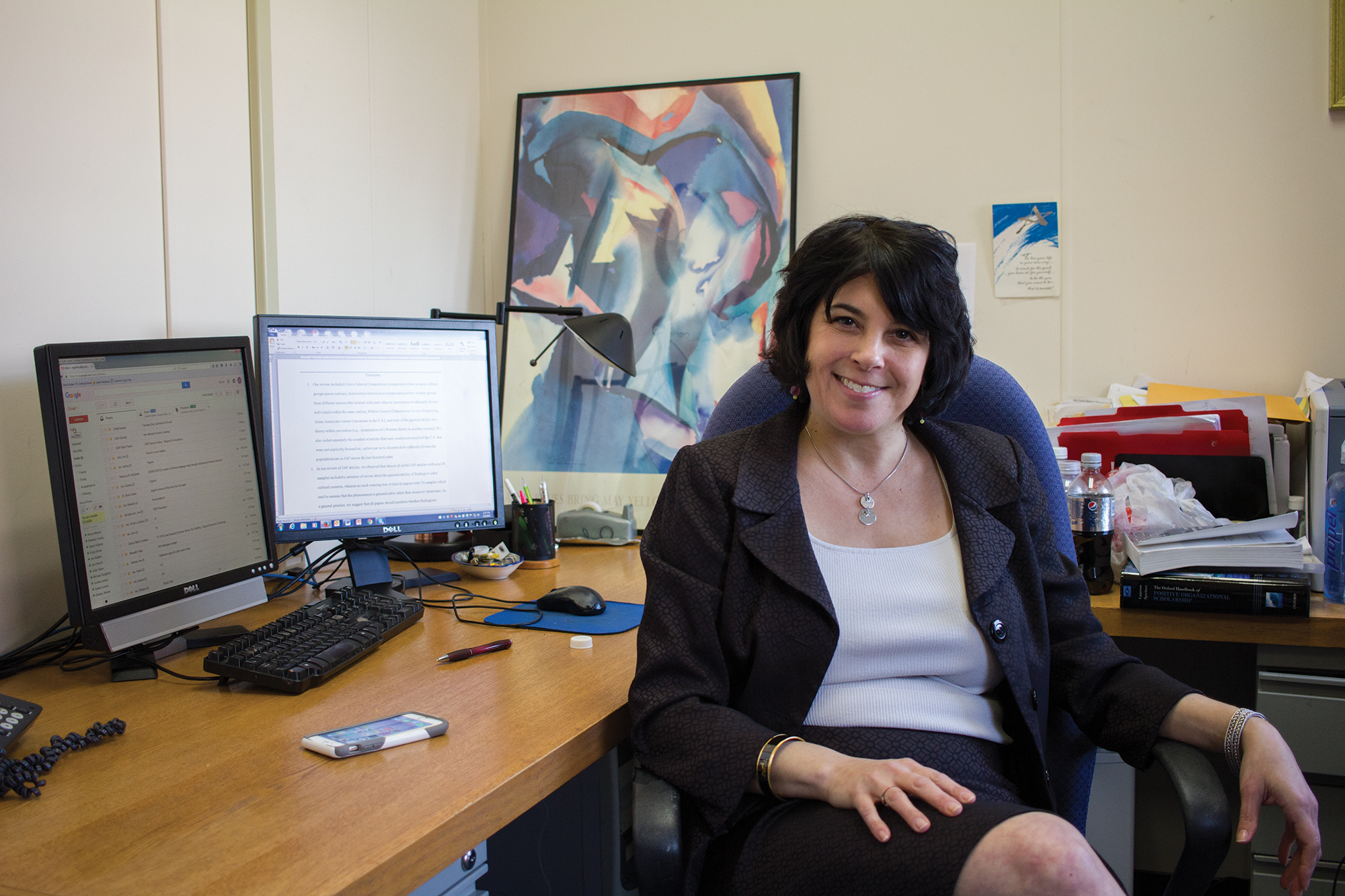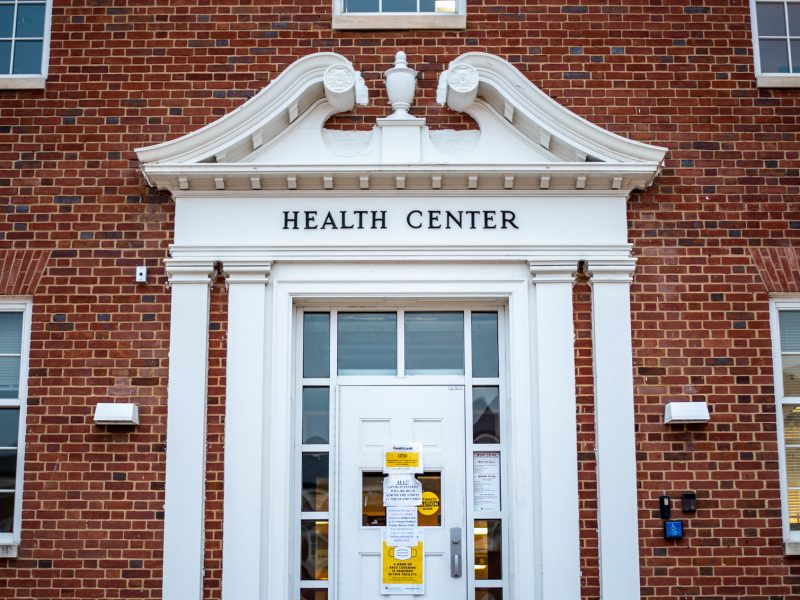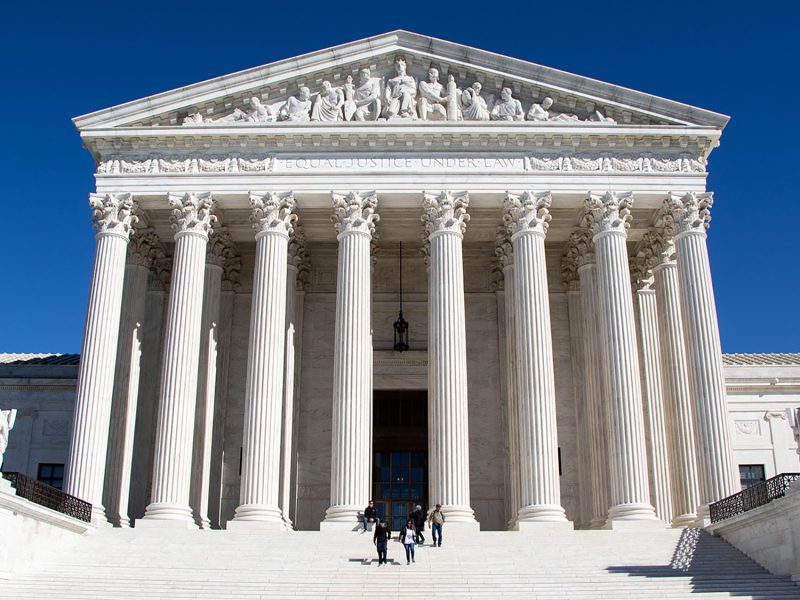Some Muslim immigrants in the United States experience harassment and discrimination that fuels feelings of frustration and lack of belonging, new research from the University of Maryland shows. And these feelings could actually coerce people toward a life of terrorism.
“It is a huge global problem — terrorism,” said Michele Gelfand, a psychology professor at this university. “And our perspective is that a big part of the problem is psychological. … If you want to combat a problem, you need to understand it and what underlies it.”
Gelfand said she wanted to understand what could motivate normal people — specifically within the population of Muslim immigrants — to join terror organizations.
Researchers surveyed 198 Muslims living in the United States, half of whom were immigrants and half of whom were second-generation, American-born citizens, said Sarah Lyons-Padilla, a research scientist in the psychology department at Stanford University and a former START Terrorism Research Award recipient. They asked these subjects questions about their cultural identity, feelings of discrimination, and opinions about fundamental groups and radical ideologies, she said. The results of the study appeared in the winter issue of Behavioral Science and Policy and were presented to congressmembers and staffers on Capitol Hill last month.
“Some people in the survey felt that they had been discriminated against or felt culturally homeless, like they don’t really belong in American society or to their heritage culture,” Lyons-Padilla said.
It is these people, who feel they have been discriminated against on the basis of their religion, who are more likely to feel a lack of significance or purpose, Lyons-Padilla said, especially if they also feel culturally homeless.
Previous research in this area has suggested people with these feelings may be at greater risk of turning to radicalism because radical groups can offer a sense of belonging, Lyons-Padilla said.
“Our message is that people are marginalized and need a home, they’re either going to find a home here in the U.S., or ISIS is going to offer them a home and other terrorist groups are going to offer them a home,” Gelfand said.
Lyons-Padilla said she started in this area of research around the time of the failed Times Square bombing in 2010, which was orchestrated by Faisal Shahzad, a Muslim Pakistani immigrant.
“For me, it raised the [question] of: Why would someone who had immigrated to or had grown up in this country want to aggress against it?” she said.
Since then, attacks like those at the Boston Marathon, Charlie Hebdo in Paris and most recently the Paris attacks in November have made this issue even more prevalent, she said.
“There’s often this knee-jerk reaction to terrorism in the name of Islam, to tighten up in terms of casting suspicion over a whole religion or all Muslims in the U.S.,” Lyons-Padilla said. “I think it’s important to understand, the more people don’t feel like they belong or feel discriminated against … the more it produces these psychological conditions that can push them toward radicalization.”
Jack Blanchard, chair of this university’s psychology department, said this study is important and useful because there is a lot of discussion, in the news and in politics, about how to deal with immigration.
“This kind of paper provides data that can inform the conversation,” said Blanchard, who was not involved with the study. “This data shows that how these individuals are integrated into the community and whether they feel accepted is important. … It illuminates the difficulties they may encounter.”
Lyons-Padilla said it is imperative that researchers and policymakers understand that inclusive policies toward Muslims are necessary. Characterizing the West as being anti-Muslim is part of the common ISIS narrative, she said, and creating conditions that fuel that narrative is only “playing into the hand of the enemy.”
“We need to be making sure people feel like they belong,” Lyons-Padilla said. “By not doing that, we’re actually putting ourselves at greater risk.”



